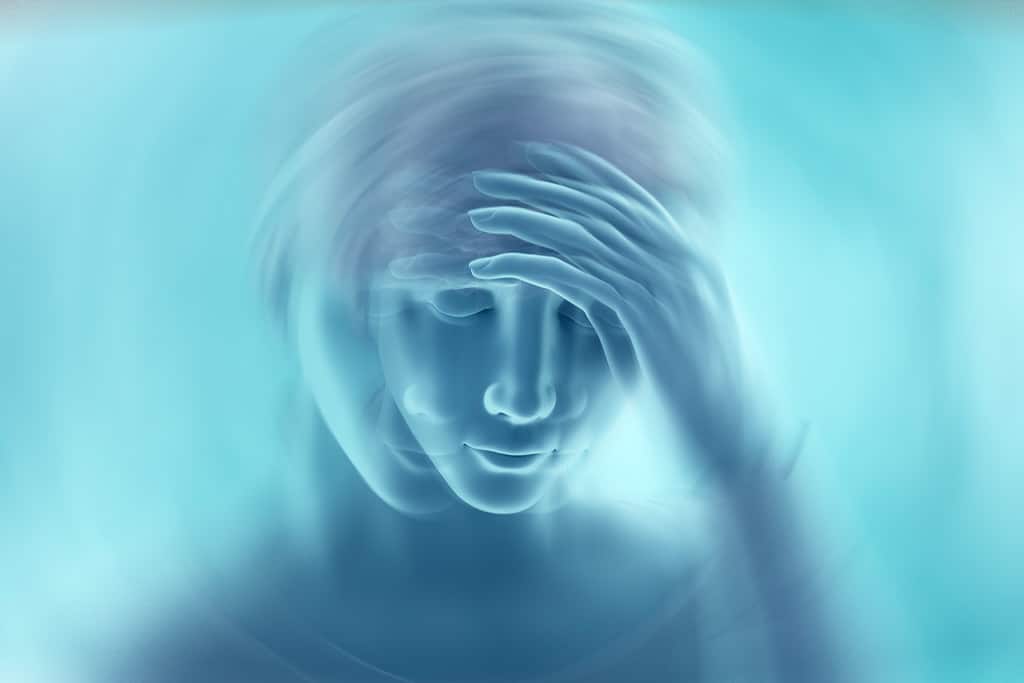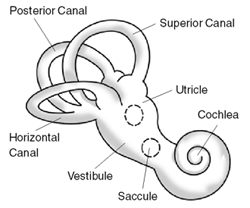Vertigo/Dizziness (aka Benign Paroxysmal Positional Vertigo)
What is it?
Vertigo or dizziness is the feeling of spinning or falling. Many things can cause vertigo including an inner-ear dysfunction, brain stem dysfunction, sudden change in blood pressure or sinus infection. Physiotherapy can help if the cause is an inner-ear dysfunction however it is vitally important that you seek medical help immediately if you have any other symptoms that could pertain to your brain or heart eg numbness, weakness especially down one side of your body, facial drooping, racing heart rate, photosensitivity, or pain down your arm.
What does it feel like?
Vertigo symptoms caused by the inner-ear come on suddenly without warning. A small head movement can bring on feelings such as dizziness, nausea, vomiting, faintness, instability, spinning. You may find it difficult to turn your head, especially sudden turns, travel in vehicles, sitting up from lying eg in the mornings. You may find closing your eyes more comfortable and definitely lying or sitting very still with your head supported.
What causes vertigo?
As stated previously many factors can cause vertigo but one common cause is dislodging of calcium crystals inside your ear. Your ear canals are made up of 3 circular channels lined with hairs and filled with water. As you move your head the water flows which makes the hairs bend over and your hair follicles transmit the message to your brain to say you are moving in a certain direction. We all have calcium crystals in our ear but some people can have their crystals dislodge into the water which can then stick to the hairs. When the water stops moving the hairs remain bent over with the heavy crystals causing you to think you are still moving. Your brain compares this information with information from your vision and ankle joints which does not match and therefore you think you are spinning.
How is vertigo diagnosed?
Your Physiotherapist or Doctor can diagnose vertigo with a simple test called a Dix-Hallpike Manoeuvre. This involves the therapist holding your head at a certain angle and reasonable quickly lying you down on your side while watching your eyes. Further investigations are not necessary if this is the cause of your symptoms. If your symptoms are severe or you have underlying cervical spine pathology your therapist may decide to skip the assessment and treat immediately instead.
How can Back in Action Physiotherapy help?
At Back in Action we are one of the few medical professionals in New Zealand that can treat this type of vertigo. We will talk to you and listen to your exact symptoms and decide if our treatment could be effective or if you should seek medical advice instead. If appropriate we will gently perform a treatment to help relieve your symptoms immediately. We will show you how to perform it yourself or teach a family member how to help you so you can treat yourself again in the future if your symptoms return. You will not require any medication or invasive treatment. You may wish to bring family or a friend for support and to watch treatment if you need it again in the future. If you have any questions please do not hesitate to call us immediately and discuss your symptoms.


